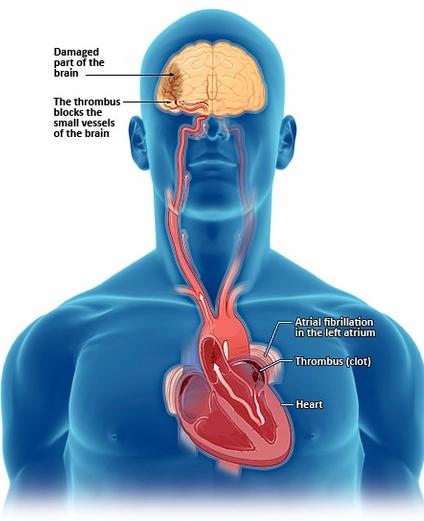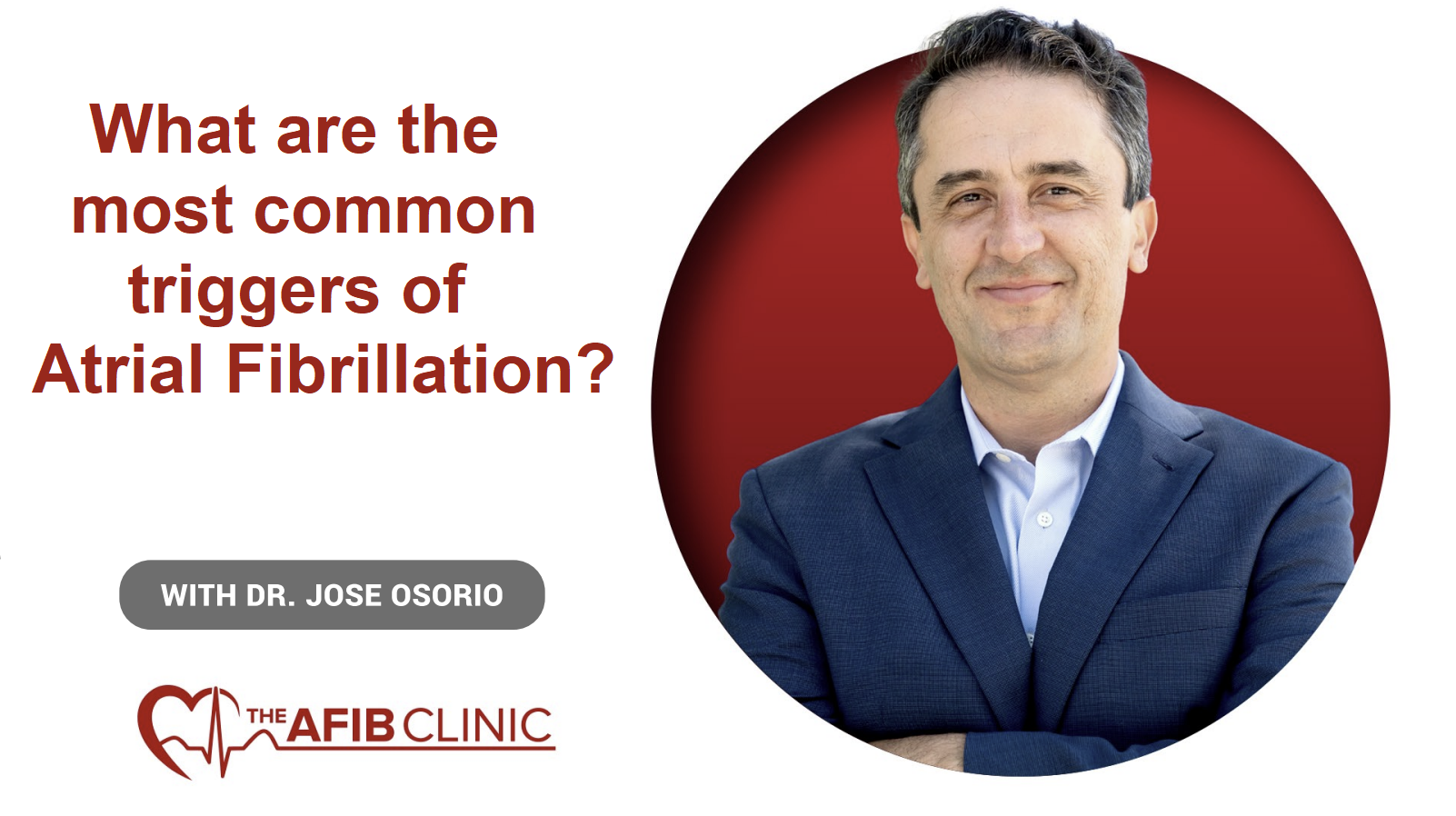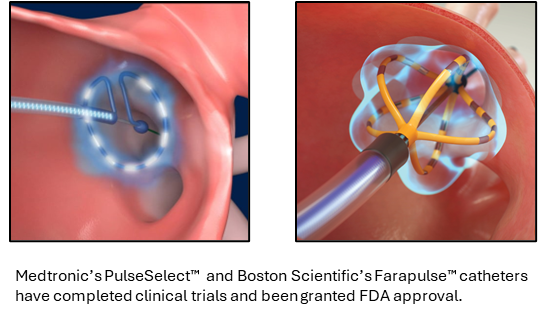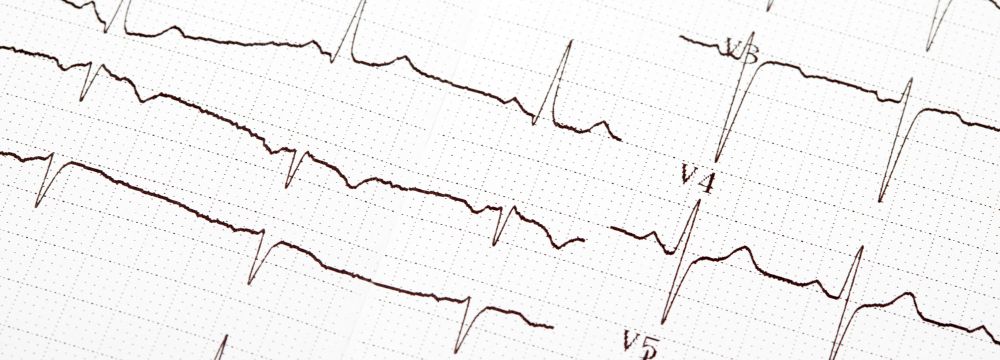Atrial Fibrillation
Atrial Fibrillation Treatment and our lifestyle choices
Our understanding of Atrial fibrillation continues to improve and today we have a lot of data showing how your lifestyle and comorbidities can impact the condition.
Lifestyle and other medical conditions you may have will not only increase your risk of developing atrial fibrillation but will also speed the progression of the disease and make it more difficult to treat it.
There are many treatment options for AFib, but lifestyle modifications will always increase the chances of having the best outcome.
The medical conditions we most commonly see associated with afib are:
- Obesity
- Hypertension
- Obstructive Sleep Apnea
Lifestyle choices also play a significant role. There are many healthy choices you can make to reduce your risk and help with your treatment. AFib can be impacted by alcohol use, smoking, and lack of physical activity.
It is very important that once we decide to treat a patient with Atrial fibrillation we treat that patient holistically focusing not just on the disease itself but also on the lifestyle and other conditions one may have that will prevent them from achieving their goals.
How can you impact your afib and increase your chances of achieving your goals? How can you reduce your risks of developing AFib?
- Weight loss
- Physical activity
- Screening and treating sleep apnea
- Blood pressure and diabetes control
- Reduce alcohol intake
- Stop smoking
How much is AFib impacting your quality of life? What are your goals for the treatment of AFib?
Dr Jose Osorio
Miami, FL
Read more about AFib:
Improving Success Rates for Afib Ablation by Building a Learning Collaborative – Dr Jose Osorio
What are the success rates of Afib Ablation? How do physicians know the chances of success?














